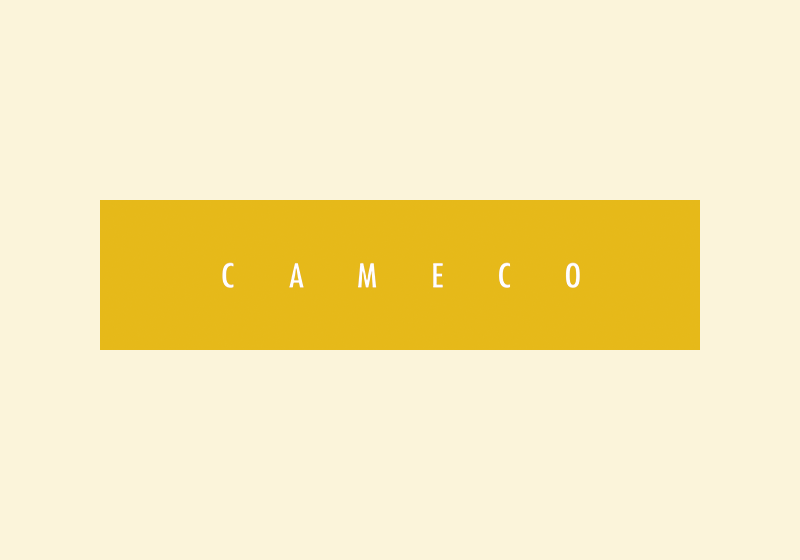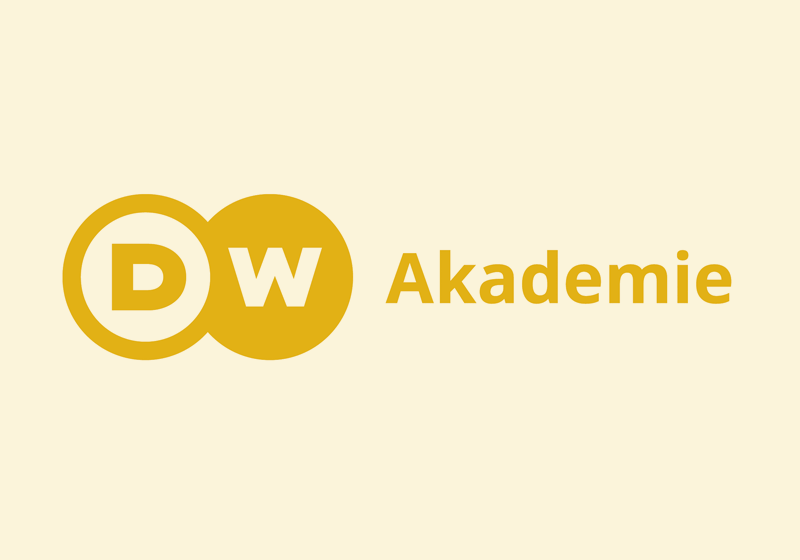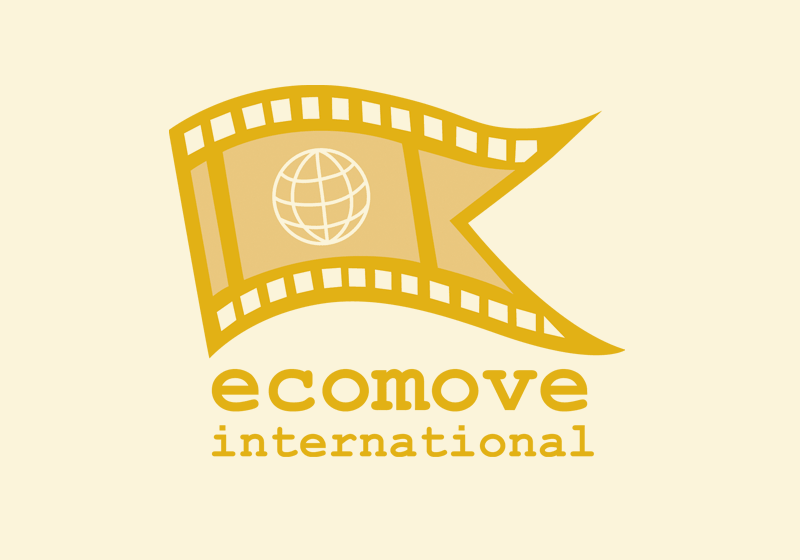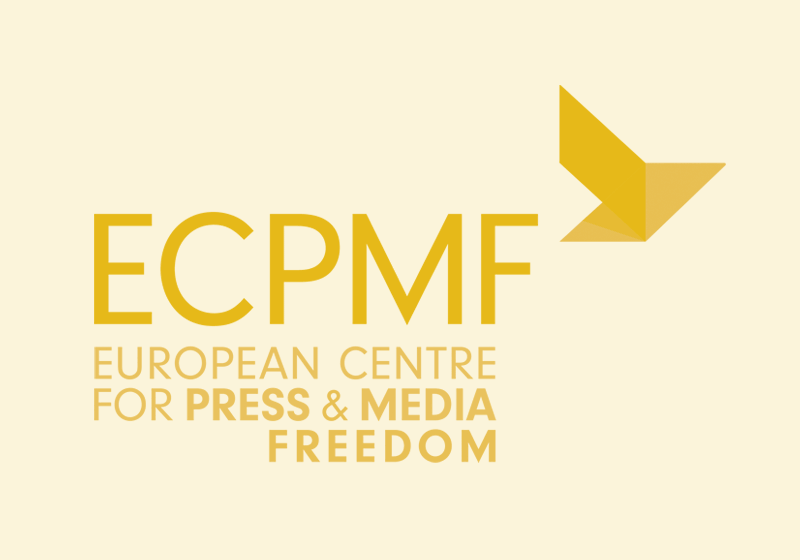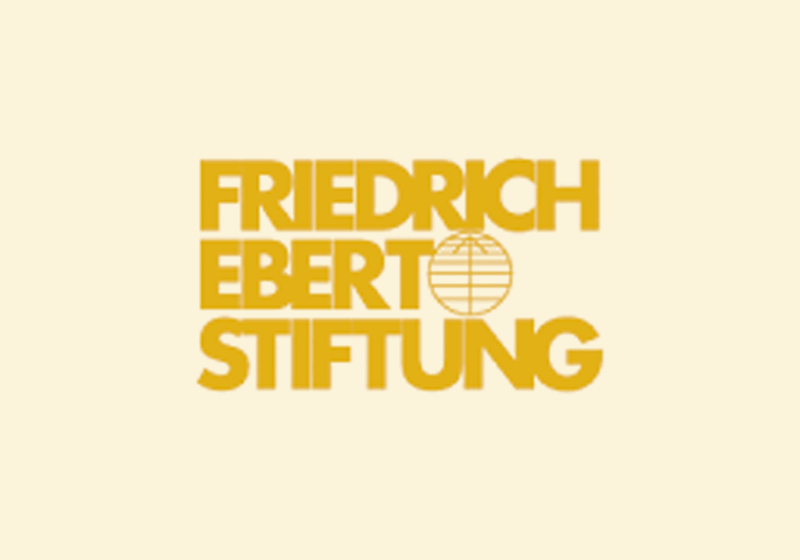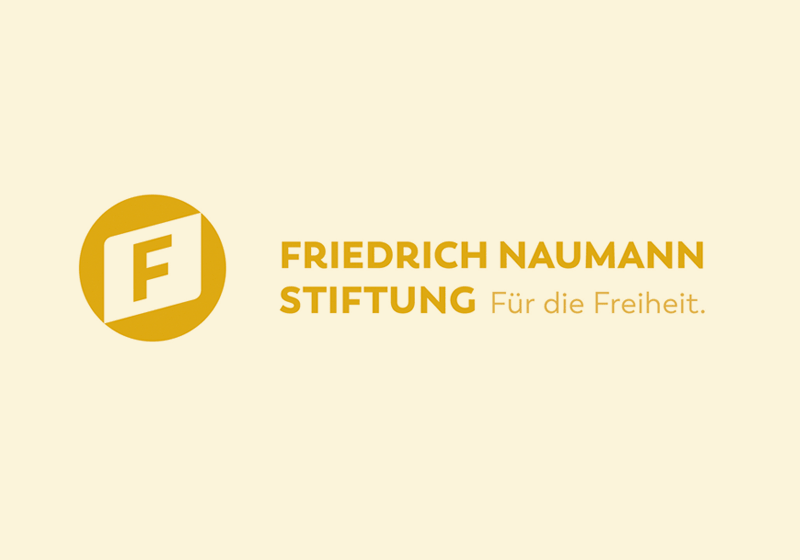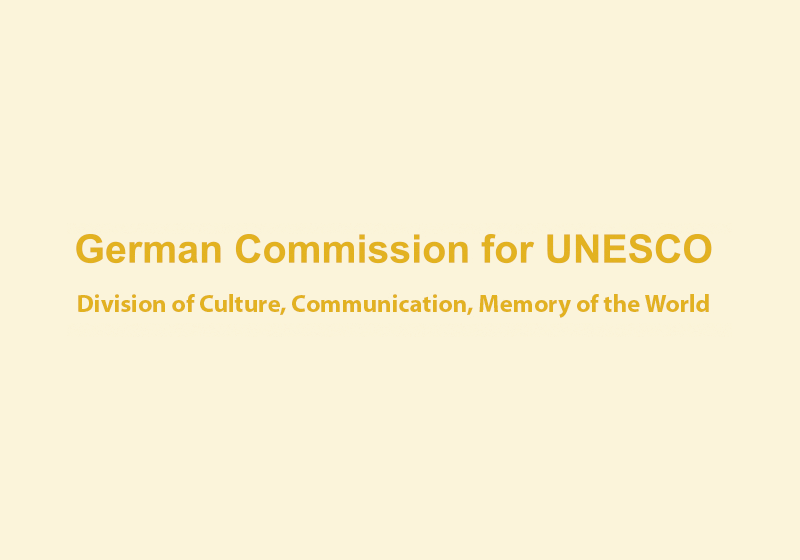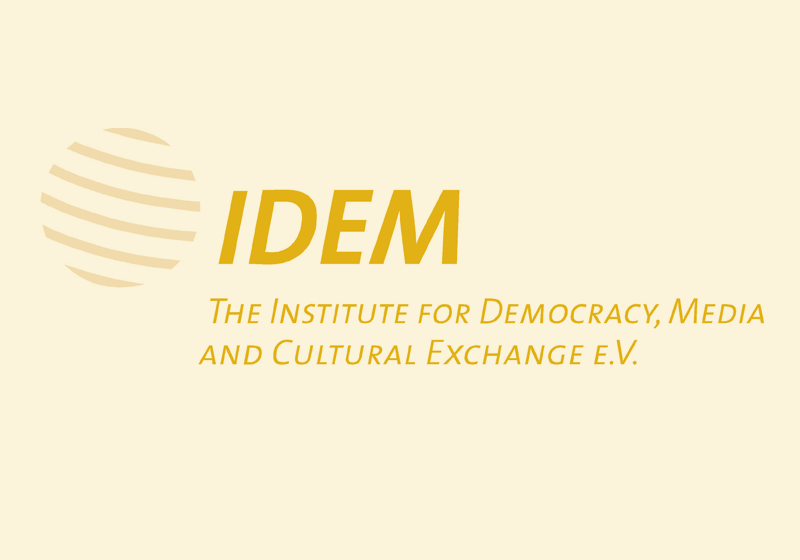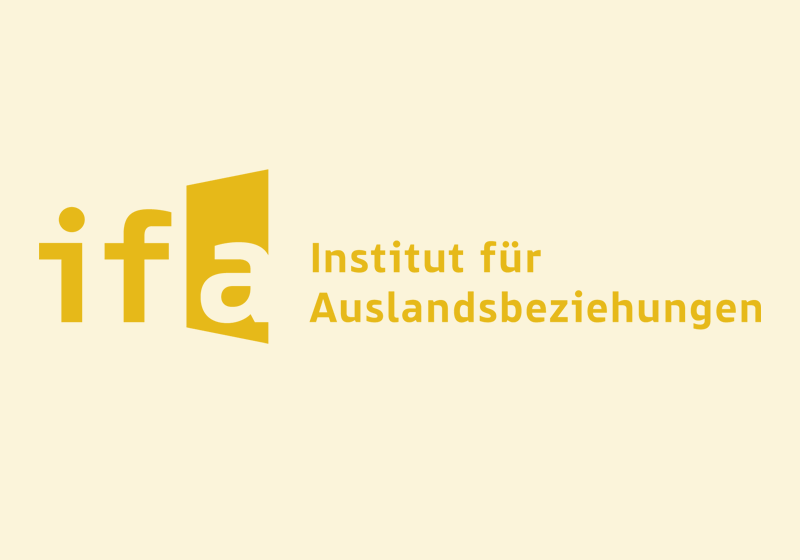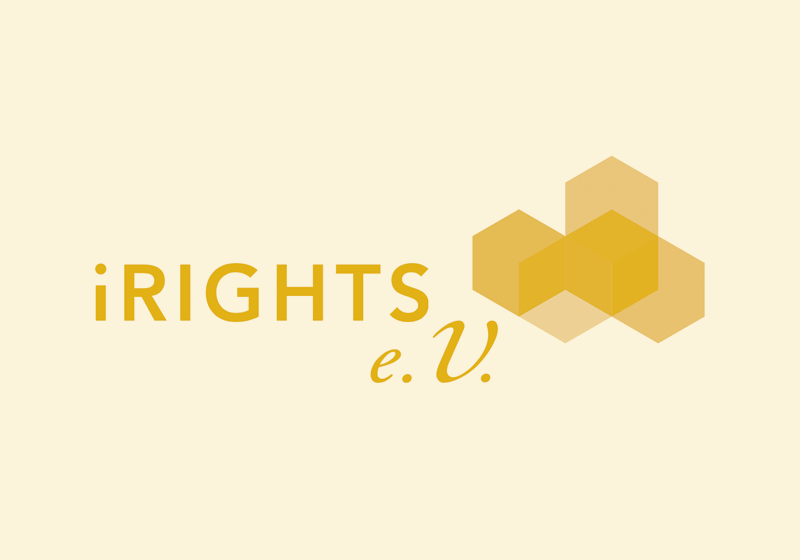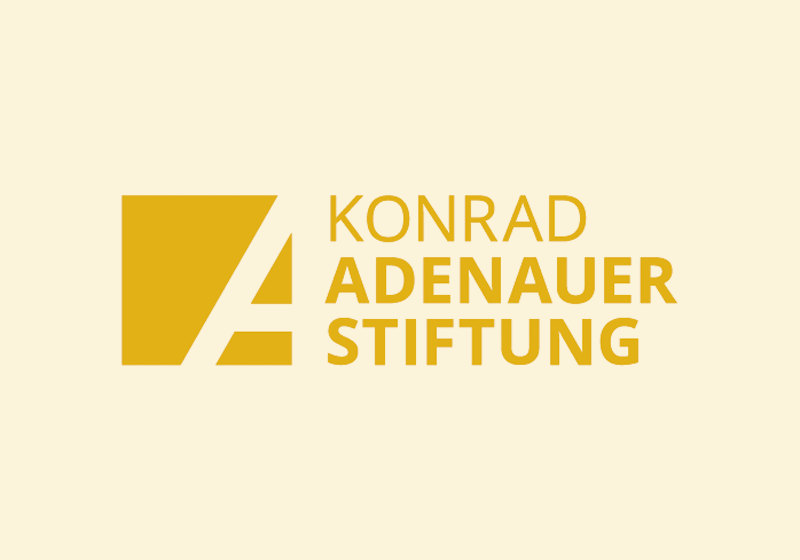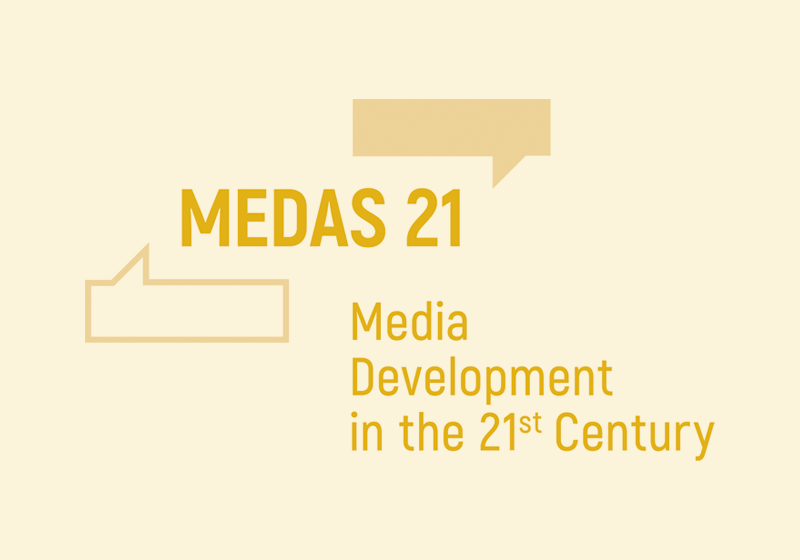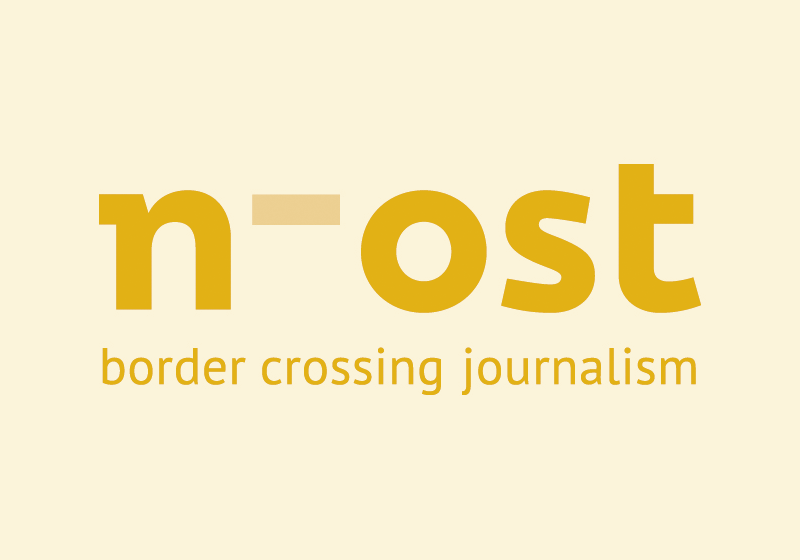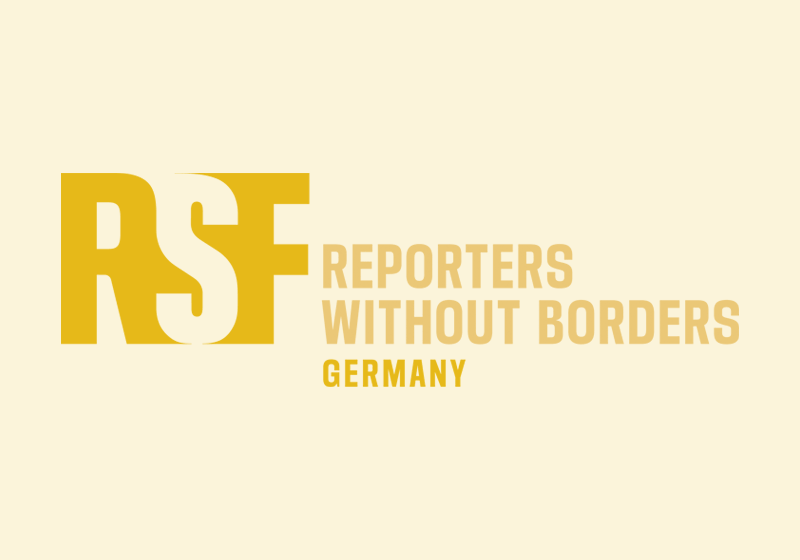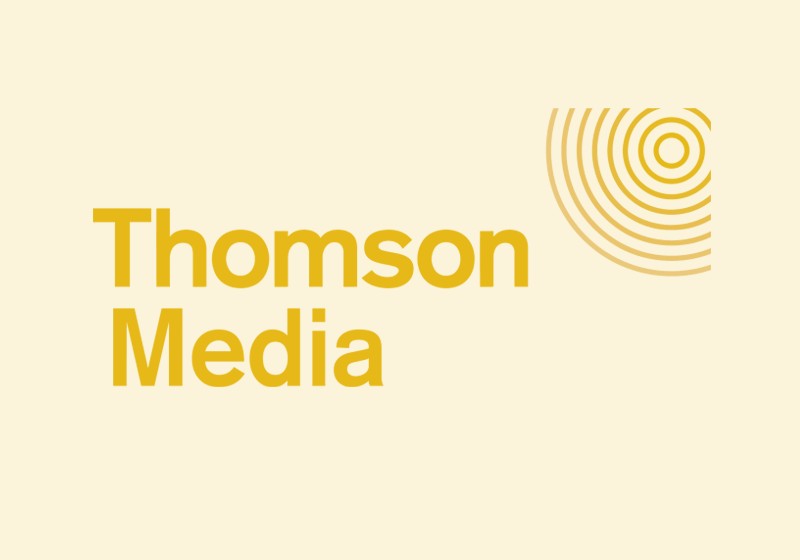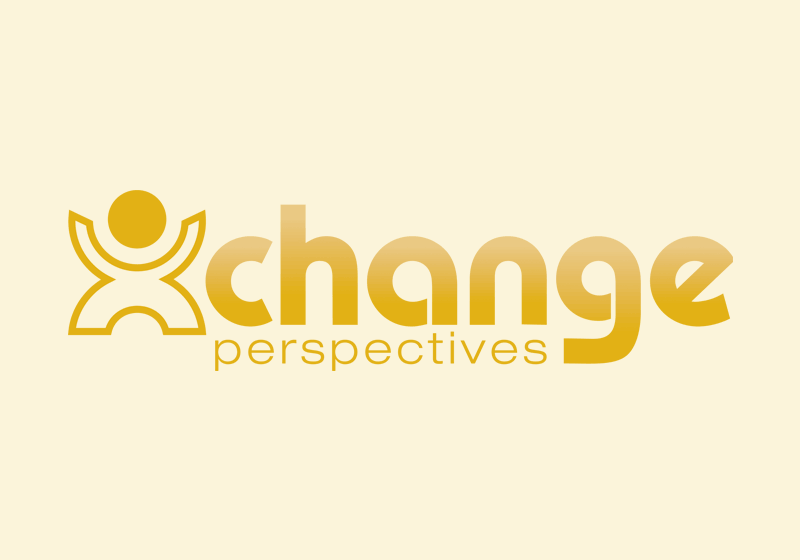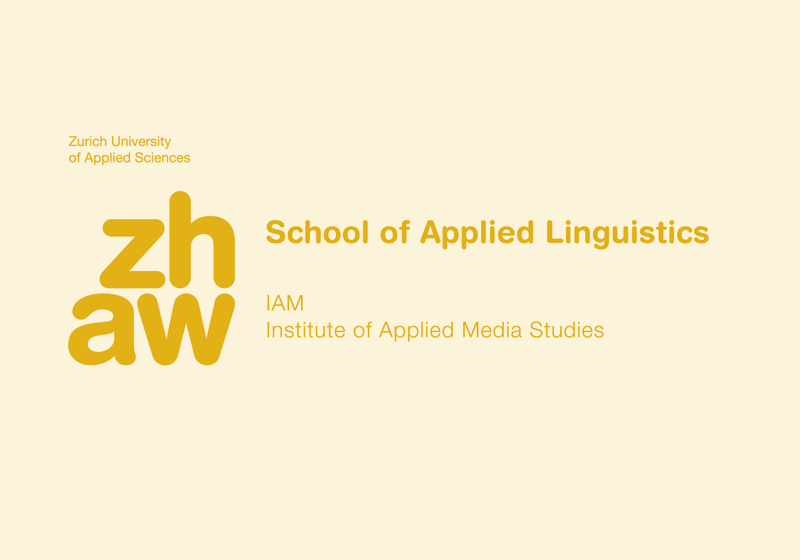Symposium 2023 Day 2
Day 1
October 6
Part III: Learning from crises – The politics of media development
Panel I: Safety as our mandate?
Moderation: Katja Heinemann, Head of emergency assistance and fellowship programs, RSF, Germany
Panel guests:
- Margarita Akhvlediani, Managing Editor, JAM News, Georgia
- Elisabet Cantenys, Executive Director, ACOS Alliance, UK
- Antonia Eser-Ruperti, Junior Professional Officer Freedom of Expression and Safety of Journalists, UNESCO, France
- Martin Faye, Fondation Hirondelle’s Representative a.i in Mali
- Johannes Metzler, Journalist and Head of Unit Central America, Mexico and the Caribbean DW Akademie, Germany
Synopsis: Panelists described how the mandate of their organizations has changed as a result of major crises in recent years, particularly the Taliban takeover in Afghanistan. Large international organizations such as UNESCO have made their projects more flexible to better respond to acute crises. The ACOS Alliance found in a study that there is still a gap between development cooperation and crisis aid that needs to be bridged. Fondation Hirondelle emphasized that the capacity to respond adequately to crises requires a sustained commitment and cannot be built up only when a new crisis occurs. Overall, the work of media development organizations and press freedom organizations should be understood as a spectrum between long-term, structural development cooperation and crisis response capacity. Mandates must be clearly delineated, but in order to be able to act in crisis, both modi must have been taken into consideration beforehand. DW Akademie therefore views security as a cross-cutting issue for media (development) organizations. One important consequence of the last crises was the relocation of journalists and exile journalism. From a journalistic perspective, Margherita Akhvlediani emphasized that emerging competitive relationships between established media houses and newly arriving exile media in host countries must be taken into account. All consider the increasing flexibility in funding, project design and cooperation with media and other development cooperation organizations as positive, but also see a long way to go in responding adequately to crises while not losing sight of long-term development.
“We need to do what we do best and promote freedom both within and outside of our projects.” (Johannes Metzler)
Workshops:
Critical review of media development in Afghanistan before Taliban takeover
Hosted by MICT
Experts: Dr. Anja Wollenberg, Founder & Head of Research, MiCT and Dr. Hazrat Bahar, Postdoctoral Research Fellow, University Leipzig, Germany
Room: Kigali
Summary:
MiCT (in collaboration with the EC4SC and with support of the Free University Berlin) conducted more than 60 interviews with Afghan journalists and international experts about their perception and assessment of media development cooperation in Afghanistan before Taliban takeover in 2021. The two principal researchers, Dr. Hazrat Bahar and Dr. Anja Wollenberg, presented findings from the study that relate to the safety of journalists and ownership issues. Aiming at a critical review, they invited participants to reflect current practices and strategies in media development and discuss pathways for future improvement.
Take-aways:
- Research question: What were the key patterns of International Media Assistance and how are these assessed (differently) by different stakeholders?
- Background: Media during the Islamic Republic of Afghanistan:
- media law and access to information
- media developed rapidly (approx. 12.000 media practitioners and 500 outlets functioning)
- raised critical issues and questioned authorities
- however, media relied on donors and threatened by security risks
- findings from the interviews:
- media support was aiming to advance specific topics (rather than the media system), thereby priorities were set by donors
- media support evolved into a competitive business area (donors´ expectations were met rather than the audience´s interests)
- misconception of Afghan society: broadcasting of liberal entertainment was supported by Western donors but alienated conservative strands of society
- achievements of media development: employment, income, female empowerment, improvement of journalistic capacity and quality
- conclusions:
- Participatory media have been turned into education channels. Thesis: Top-down approach undermined opportunities of participation and may have contributed to weaken the legitimacy of the government
- Conservative communities were not invited to join media development programs and they rejected both: liberal entertainment and western control over media. Thesis: The alienation and exclusion of conservative communities deepened the division between periphery and center and fed into sympathy for the TLB
- The landscape of small local media was turned into a business arena, structured by supply and demand, in which donors were dealt with as clients and radio stations behaved as service providers. Thesis: In a market environment media are not driven by public interest (audience interest) but by donors priorities
- Problem areas: lack of ownership, donor orientation, service mentality, instrumentalization of media, educative approach to media development
Discussion points:
- Can we think of smarter ways than needs assessment to overcome donor orientation and service mentality?
- What role for non-liberal conservative communities in media development? (FFP vs pragmatism)
Legal residence opportunities in Germany for media professionals under threat
Hosted by ECPMF
Experts: Carsten Ilius, Lawyer, Germany and Alina Toropova, Journalists-in-Residence Programme Manager, ECPMF, Germany
Summary:
The workshop focused on the structure of legal residence opportunities for journalists seeking short or long-term protection in Germany via receiving e.g. work related or humanitarian visas. The legal obstacles hindering media workers from obtaining these types of residence permits were discussed and the gaps of the German protection system illuminated.
The workshop was visited by international journalists, experts in the media field and policy makers. During the workshop next to the theoretical part, we were also presenting practical solutions for journalists who were relocating or were planning to stay in Germany due to their personal risks. This topic has both a clear legal frame but also a political one. This becomes visible when one analyzes the cooperation of German consulates and embassies in different countries with human rights organizations, as well as the reaction of German MFA and BMI to crisis situations in different regions.
Hit hard, fallen softly? Dilemmas of the international promotion of exile media
Hosted by n-ost and Friedrich Naumann Foundation
Experts: Margarita Akhvlediani, Managing Editor, JAM News, Georgia and Natalia Belikova, Acting Director, Belarus Press Club, Poland
Summary:
Since the Russian invasion of Ukraine, Western sponsors (including from Germany) have increased their support for journalists and media who have fled political persecution abroad. This focus on exiled media is sometimes met with incomprehension by media professionals in the states of the former Soviet Union – especially when it comes to Russian exiled media. Within the workshop it was discussed how international media funding can become more flexible in responding to emergencies, while being “fair” and sustainable.
Take-aways:
- challenges for media in exile:
- channels to reach audience
- to remain relevant
- protection of sources
- question of: where is my life?
- legislation
- social status
- how to generate income (side business models as a solution?)
- cultural adaptation
- safety
- physical threats
- sustainability
- challenges for hosting media landscapes:
- competition for funding and advertising revenues
- competition for audiences (especially in the case of common language)
- change of agenda
- desinformation
- criteria for support program designs (from the perspective of media development organizations)
- audience reach and business plan
- clear profile and ownership
- transparency
- risk assessment
- legal support
- short or long term support?
- be sensible for overlooked countries/contexts
What about exiled freelancers?
Hosted by RSF
Experts: Daria N., Project Manager, ECPMF, Germany, Zainab Farahmand, Freelance Journalist, Afghanistan/Germany and Mayss Shehawi, Freelance Journalist, Syria/Germany
Moderation: Katja Heinemann, Head of emergency assistance and fellowship programs, RSF, Germany
Room: Trincomalee
Summary:
The situation of freelancers in exile in Germany regarding existing mechanisms of support and capacities of local organizations were discussed within this workshop. Part of the debate were practical support, networking opportunities, and knowledge transfer, as well as gaps in this infrastructure and how they can be addressed in the future.
Take-aways:
- challenges:
- bureaucracy
- donors and their lack of flexibility
- having family and children
- mental health, trauma including survivor’s guilt,, isolation and therapy offers not being context and language sensitive
- language skills
- working as a coping mechanism
- loss of journalistic identity and homes
- staying active and relevant
- on which media type to concentrate (writing vs. photo/video) and are these skills transferable?
- support opportunities and tips:
- take further training (e.g. Volontariat, mentoring, language practice)
- peer support
- networking globally
- psychosocial support from peers and professionals
- make use of qualified counseling for laws and taxes
- introduction of community programs (but have to be cautious to mixed backgrounds)
- flexible funds in crisis
- switching away from war reporting
- and as guiding principles: take time, journalists before journalism and fight the power(s)
Should I stay or should I go? How can media development actors navigate the polycrisis in the Sahel?
Hosted by Fondation Hirondelle
Experts: Martin Faye, Fondation Hirondelle’s Representative a.i in Mali and Mirjam de Bruijn, Professor of Contemporary History and Anthropology of Africa, Leiden University, Netherlands
Moderation: Sacha Meuter, Head of Research and Policy, Fondation Hirondelle
Room: Gremiensaal
Summary:
The Sahel region provides a prime example of a “polycrisis” affecting local journalists and media: Multiple challenges such as a shrinking civic space, growing insecurity for journalists as well as radicalization and polarization of narratives intersect and amplify each other. In addition there are economic and environmental crises leading to more competition for resources and growing social tensions. What is the role of media development actors and how can they remain engaged in such contexts? How can they find the right balance between long term strategy and urgent action?The analytical perspective on the polycrisis affecting media actors in the Sahel were discussed in this workshop along with practical ways to navigate it.
Take-aways:
- key challenges:
- disinformation and propaganda
- media literacy
- media instrumentalization and weaponization
- governments and military juntas
- role of journalists
- inequalities
- new media
- terrorist attacks
- How to navigate the polycrisis?
- proximity and building relationships of trust
- training centers
- local journalists
- public service
- protection of journalists
- networks
- donor support
- constructive and community journalism
- fight disinformation
- representation of minorities
- digital communication
- recommendations to donors & policy makers:
- collaborations between journalists of north and south, as well as south and south
- engage big tech
- better protection of journalists in zones of conflicts
- foster exchange between researchers and practitioners
- develop plans of evacuations
- include social networks into programs
- trauma support
- training on deontology
- do not leave journalists in the Sahel zone alone
- establish discussion formats between politicians and journalists
- financial and technical support
- provide media literacy training
Panel II: Talking to policymakers
Moderation: Johannes Metzler
Panel guests:
- Sofie Jannusch, Consultant at CAMECO and fome coordinator, Germany
- Matthias Kiesler, Head of the Division International Media Policy, Federal Foreign Office, Germany
- Christian Mihr, Managing Director, RSF Germany, Germany
- Carsten von Nahmen, Managing Director, DW Akademie, Germany
Synopsis: While the first panel in this thematic block looked at issues of mandate and cooperation between international development organizations, press freedom organizations and the media in a crisis context, this panel focused on cooperation between media development organizations and politics in Germany. The experiences of recent years, especially the Taliban takeover in Afghanistan, where civil society organizations had to take over government duties in some cases, have shown that political actors need to create more clarity about responsibility and cooperation of their own authorities in order to be able to react adequately to crises. To date, aid programs designed to address the consequences of the crisis, such as the Federal Reception Program Afghanistan, have not been satisfactorily implemented. Programs to ensure the safety of journalists, such as the Hannah Arendt Initiative, are welcome, but also require clearer design.
Part IV: Feminist development cooperation
Panel: Going beyond protection: An integrative framework of security
Moderation: Aya Ibrahim, Special Correspondent at Deutsche Welle, Egypt/Germany
Panel guests:
- Laura Aguirre, Co-founder and director, Alharaca and fundraising coordinator of Sembramedia, El Salvador
- Koliwe Majama, Senior Program Officer, Mozilla Foundation, Zimbabwe
- Dr. Sonja Katharina Schiffers, Director, Heinrich Boell Foundation Tbilisi Office, South Caucasus Region, Georgia
- Elisa Lees Muñoz, Executive Director, International Women’s Media Foundation, USA
Synopsis: The panelists emphasized the importance of advocating for the changes that feminist projects and programs aim to achieve, rather than getting caught up in debates over the term “feminist.” They underscored the distinction between humanist development cooperation and feminist development cooperation. While the first adopts a broader approach to improving overall human well-being, feminist development cooperation specifically targets gender-based inequalities and works towards empowering women and marginalized groups, recognizing the importance of challenging and transforming power structures that contribute to global gender disparities. Laura Agirre illustrated this perspective with examples from the feminist media outlet Alharaca, which not only produces feminist content but also integrates feminist measures into its daily operations. These measures acknowledge the double pressure faced by female journalists with family care duties. All panelists agreed that feminist funding plays a crucial role in fostering the growth, impact, and longevity of projects that contribute to a more equitable and inclusive society.


